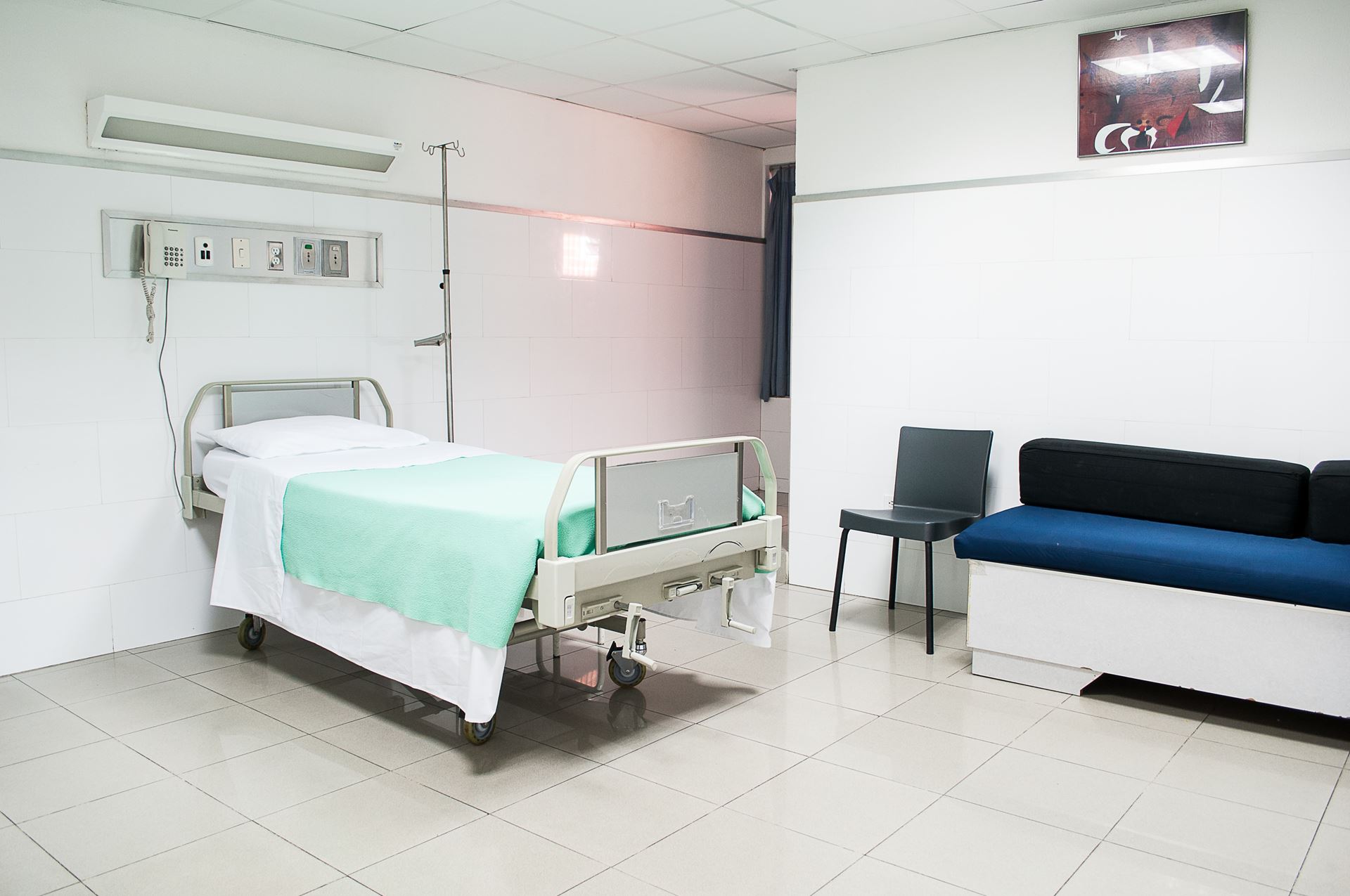Hospital Services

We refer patients to NHS or private hospital consultants as appropriate. We do not charge patients for referring to a private consultant though we do charge for completing claim forms. If it is appropriate to do so, we refer patients for second opinions.
Click the links below for information on NHS and private hospitals, and the services/clinics they provide:
NHS Hospitals
http://www.nhslothian.scot.nhs.uk/GoingToHospital/Locations/Pages/default.aspx
Spire Murrayfield & Shawfair Park
http://www.spirehealthcare.com/edinburgh/
The Edinburgh Clinic
General Practice / private (non-NHS) services: How it works
GPs and Private Healthcare: What You Need to Know
GPs work closely with hospital consultants, but due to long NHS waiting lists, more patients are turning to private healthcare. This shift is adding extra workload for general practices because private providers will sometimes request:
• Private referrals
• Medical information about patients
• Further tests
• Prescriptions
• Onward NHS referrals
While seeking a quicker private specialist opinion can be reassuring and helpful, GPs will agree to a private referral only when it is clinically appropriate. They will also provide medical information to private healthcare providers only with the patient’s consent.
For a GP to organise a medical test, they must be have appropriate clinical expertise to interpret the results and manage the patient’s care. The test must also align with usual NHS practices. Although tests advised by private providers fall outside the NHS primary medical services contract, GPs can potentially agree to tests they would typically perform in NHS general practice though this needs to be discussed on a case-by-case basis.
According to the General Medical Council’s Good Medical Practice, doctors in both the NHS and private sectors should “prescribe drugs or treatment, including repeat prescriptions, only when they have adequate knowledge of the patient’s health and are satisfied that the drugs or treatment serve the patient’s needs.” (1) As NHS GPs, we are expected to only prescribe items that are approved by the Scottish Medicine Consortium and recommended for use by the NHS.
Some health conditions require a hospital specialist to make a diagnosis, request the appropriate tests and establish someone on treatment before handing aspects of their care back to the GP. In some situations the NHS has developed a "shared care agreement" for such conditions. This "shared care agreement" is a document developed through collaboration between General practice, NHS specialities and investigations. All the clinicians involved in a patient's care must agree that standards are met before the GP can agree to prescribe. "Shared care" is an NHS service and unfortunately, private providers have not developed robust shared care pathways with the NHS and they do not have the required communication structures and safety netting available to NHS specialist services.
While GP practice need to consider each individual request to enter into a Shared Care Agreement, considering the patient's cirucumstances and guidance from NHS Lothian and the Lothian Medical Committee, there is no obligation for practices to agree to the request.
If you seek a private medical opinion and an investigation or medication is recommended, your GP will consider if it falls within NHS primary care (GP) services. If not, they will review your condition and assess if it is appropriate to refer you to the NHS equivalent specialist service.
If a private specialist recommends a non-formulary or unlicensed medication, GPs can only agree to ongoing prescribing if they have experience and expertise with the medication. Otherwise, you will be directed back to the private provider or offered a suitable, formulary-based alternative within the NHS GPs’ remit, in line with GMC’s Professional Standards (2).
For patients already receiving prescriptions under a shared care agreement, failure to comply with recommended monitoring may result in prescriptions being stopped, as patient safety is paramount.
General Practice is receiving more requests from private healthcare providers. At Bruntsfield Medical Practice, we aim to clarify what we can offer regarding NHS GP and private healthcare interfaces and explain our limitations to ensure our patients are safely cared for by clinicians with appropriate expertise.
For more information about the challenges of general practice, please see the article by the Lothian Local Medical Committee here.
Page created: 24 October 2023
